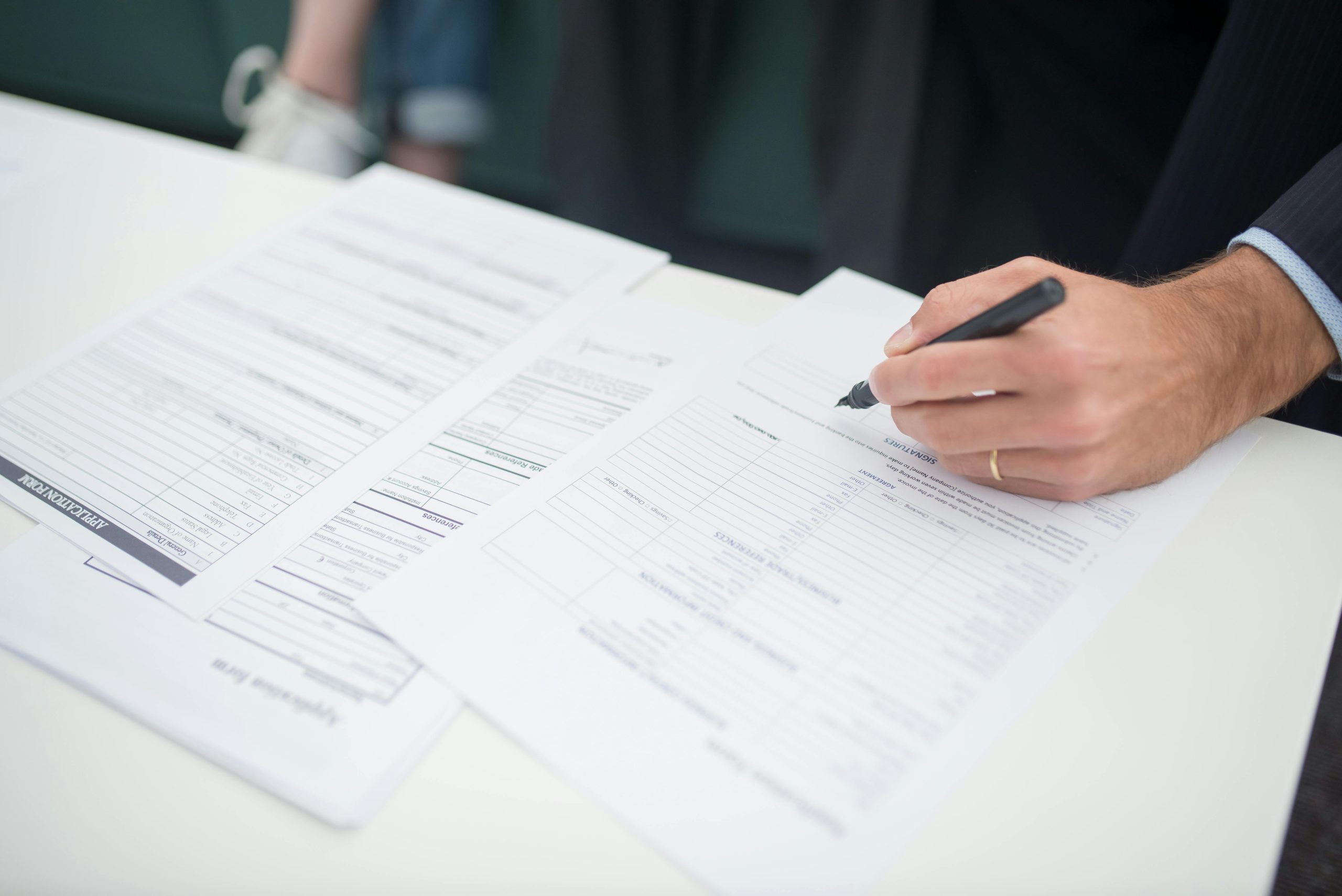Understanding Vehicle Liability Amid Recent Sale: What You Need to Know
Selling a vehicle can be a straightforward process, but complications sometimes arise afterward—especially when accidents and legal notices come into play. If you’ve recently sold a car and are receiving unexpected claims for damages or debts, it’s crucial to understand your legal standing and the steps to protect yourself.
A Case Study: The Unexpected Debt Saga
Consider a recent scenario where a vehicle owner sold their car and promptly signed over the title. The seller also retained proof of the sale, including the signed pink slip and a Release of Liability document submitted to relevant authorities. Despite these safeguards, disputes emerged when the buyer, who had the vehicle for only a month, was involved in an accident and subsequently arrested.
The new owner did not have insurance at the time, leading to a collection agency, AFNI, sending notices alleging the original seller now owes approximately $12,000 for damages related to the incident. Naturally, the owner is questioning whether they are legally responsible for these charges despite having sold the vehicle and provided proof of release.
Legal Implications of Selling a Vehicle
In most jurisdictions, once you’ve formally sold your vehicle and filed a Release of Liability or similar documentation, you’re generally protected from liability related to incidents involving the vehicle after the date of sale. The Release of Liability serves as official notice to the DMV and other agencies that you are no longer the owner or responsible for the vehicle.
However, complications can sometimes occur if the sale paperwork wasn’t properly processed or if the new owner fails to transfer ownership promptly. These issues may lead to situations where third parties, such as insurance companies or collection agencies, attempt to claim damages or debts from the original owner.
What to Do if You’re Hit with Unexpected Claims
-
Gather Documentation: Collect all related documents, including the signed sale agreement, pink slip, Release of Liability, police report, and any communication with the DMV or the buyer.
-
Notify Relevant Agencies: Ensure that the DMV has recorded the sale and that your Release of Liability has been submitted and accepted. This step is crucial in establishing that you are no longer the vehicle’s owner.
-
Communicate with the Collection Agency: Provide AFNI with copies of the sale documents and proof of your release of liability. Clearly state that you are not responsible for damages or debts incurred after the sale date.
-
Consult Legal Counsel: If you continue to receive notices demanding payment or face legal action, seek advice from an attorney experienced in vehicle



